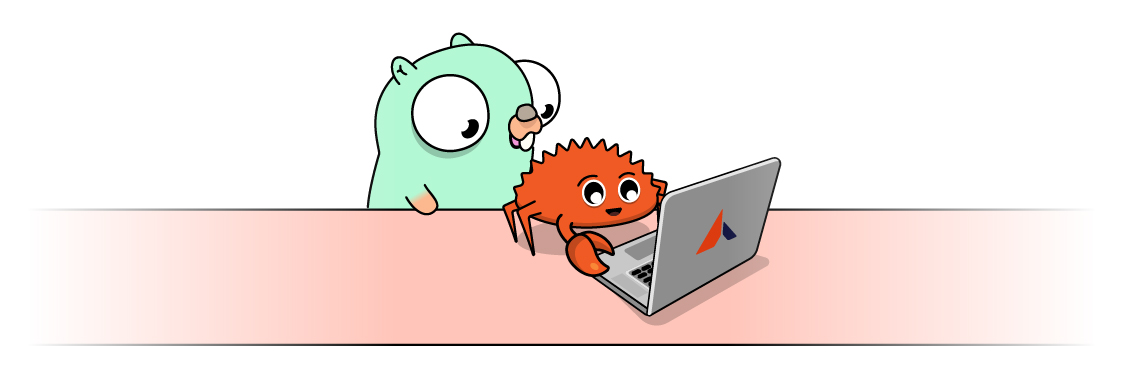Introduction:
Exploring the critical issues of “use after free” and “use after move,” Herbert’s insights offer a valuable understanding to Rust developers:
Rust’s ownership system acts as a powerful safeguard against memory safety issues like “use after free” and “use after move,” ensuring code correctness at compile time.
By understanding the risks associated with these memory management pitfalls, Rust developers gain deeper insights into crafting more secure and reliable software, leveraging Rust’s robust memory handling mechanisms.
The comparative analysis between Rust and other languages underscores the advantages of Rust’s approach, highlighting its effectiveness in mitigating memory-related vulnerabilities and promoting safer code practices.

In this section, Herbert delves into two critical programming problems: “use after free” and “use after move.” These concepts are fundamental to understanding memory management pitfalls, particularly in languages like Rust, C++, and Go. Herbert illustrates the danger of “use after free” by showcasing how it arises when deallocated memory is accessed, citing a straightforward example in C++. He emphasizes its prevalence in low-level languages like C and C++, underlining the risks of unpredictable behavior.
Moving on to “use after move,” Herbert sheds light on this concept prevalent in C++, where an object’s ownership is transferred to another scope, often leading to confusion among developers. He demonstrates the challenges of understanding the behavior of moved objects through an example involving a unique pointer. Contrasting these issues with Rust and Go, Herbert praises Rust’s compiler checks and Go’s automatic memory management, which mitigate such pitfalls effectively. Through Herbert’s insights, viewers gain a deeper understanding of the challenges associated with manual memory management and the benefits offered by languages with robust memory handling mechanisms.
Things you will learn in this video
- The significant risks associated with “use after free” and “use after move” scenarios in memory management
- How Rust’s ownership system prevents memory safety issues, including “use after free” and “use after move,” at compile time
- Comparative analysis between Rust and other languages regarding memory management pitfalls




